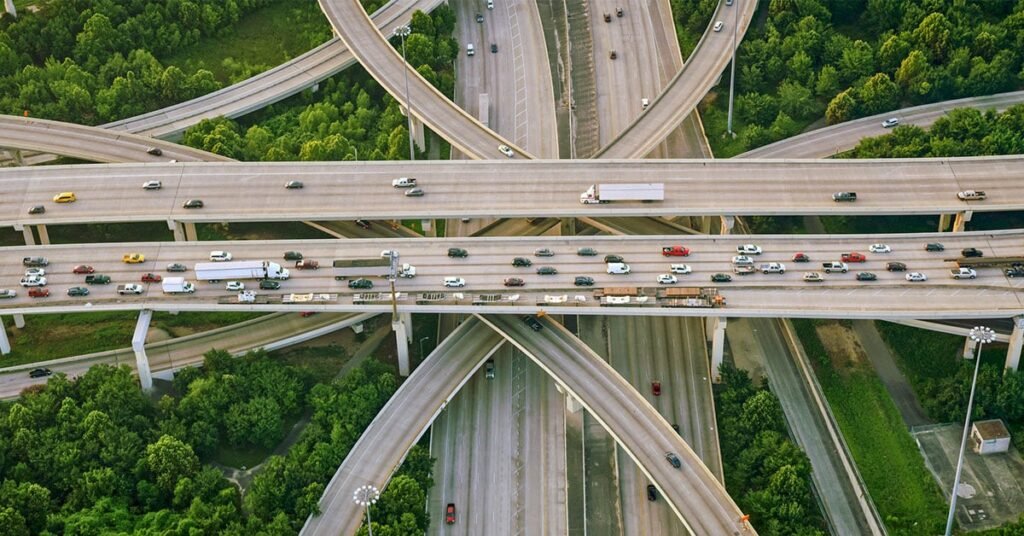Introduction
Highways are essential components of modern transportation systems, connecting cities, towns, and regions efficiently. Often called expressways or freeways, highways are designed to support high-speed vehicular traffic with minimal interruptions. Unlike regular roads, they have controlled access points, multiple lanes, and safety features to ensure smooth travel over long distances.
The history of the highways dates back to ancient times, with civilizations like the Romans building extensive road networks to facilitate trade and military movements. Today, highways are a critical part of economic development. They reduce travel time, support commerce, and provide routes for emergency services, making them vital for national infrastructure.
Highways vary in design depending on geography, traffic demands, and safety requirements. Many have features such as medians, overpasses, underpasses, rest areas, and signage to guide drivers. Advanced highways also incorporate technology like electronic toll collection, traffic monitoring systems, and intelligent transportation solutions that enhance efficiency and safety.
Environmental concerns are increasingly influencing highway construction. Planners now consider wildlife corridors, noise reduction barriers, and sustainable materials to minimize ecological impact. Additionally, modern highways are being adapted to accommodate electric vehicles and future autonomous cars, ensuring that they remain relevant in a rapidly evolving transportation landscape.
In conclusion, highways are more than just roads they are arteries of connectivity, economic growth, and technological advancement. Understanding their importance helps appreciate how these infrastructures shape daily life and the broader world economy.
